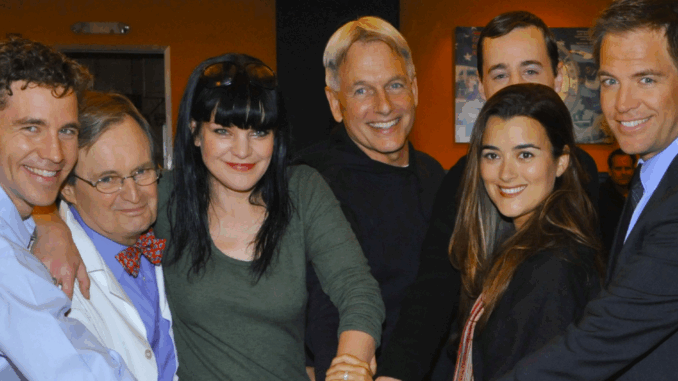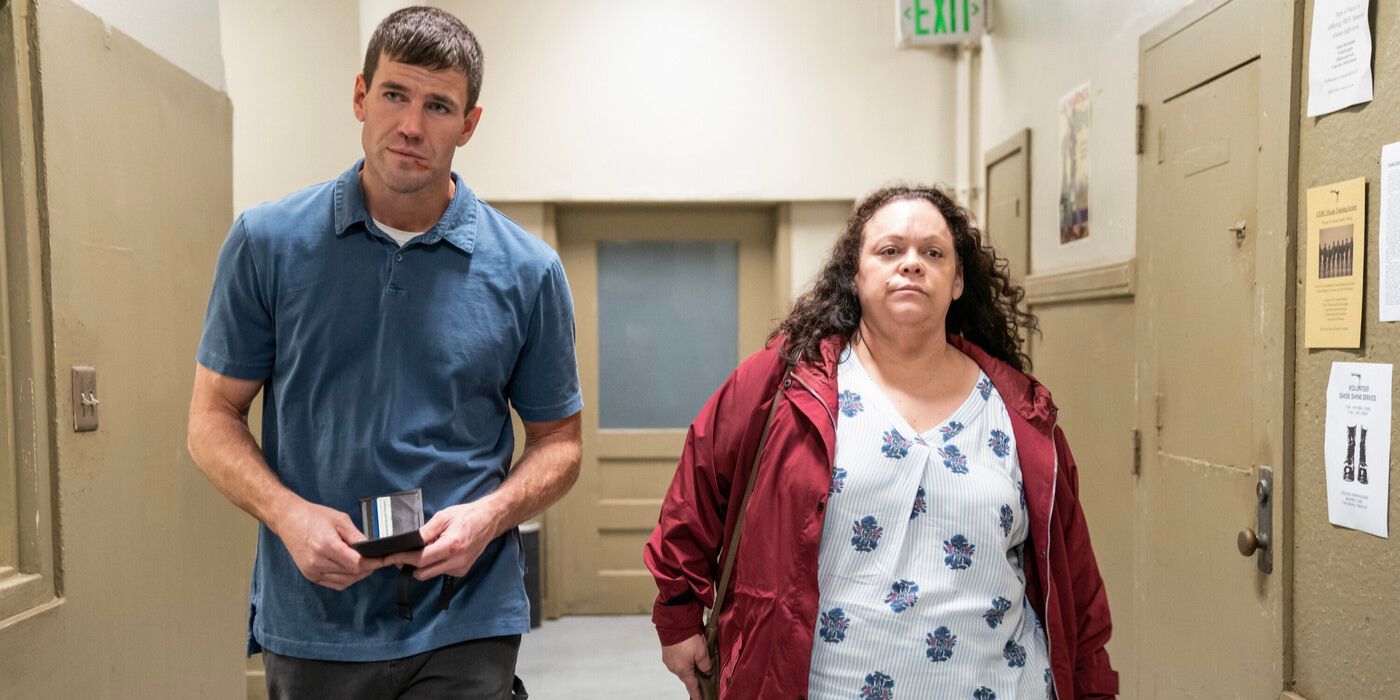
No Capes. No Aliens. Just Coffee, Loyalty, and Dead Bodies.
While peak television soared with dragons, dystopias, and dysfunctional families, NCIS did something different: it stayed. Week after week, year after year. No flashy marketing. No Emmy buzz. Yet it climbed the ranks until it quietly became one of the most-watched dramas on the planet.
The secret wasn’t just the cases — it was the family.
The Gibbs Paradox
Leroy Jethro Gibbs was never meant to lead with warmth. He was ex-military, sharp-tongued, trauma-hardened. He barked orders and rarely smiled. And yet… somehow, he became the emotional center.
Gibbs never said much, but his silence was deafening. He didn’t hug — he built boats. He didn’t praise — he offered head slaps. In any other show, that would’ve been toxic. But in NCIS, it was love coded in Marine Morse.
He mentored like a ghost — hovering, nudging, and vanishing when you needed him most.
Accidental Family Planning

Tony. Ziva. McGee. Abby. Ducky. They weren’t coworkers — they were orbiting planets in the strange, sunless solar system that was Gibbs.
Their dynamic was dysfunctional in the most human way. Tony flirted and deflected because he never learned to be vulnerable. Ziva hardened her heart because the world taught her to. Abby made goths safe and joyful. And McGee? He was every nerd who finally belonged.
NCIS never told us they were a family. It just kept showing us. In morgue-side confessions. In cafeteria banter. In Ziva risking everything for Tony. In Gibbs giving Abby a Caf-Pow! instead of therapy.
Why It Worked — And Why It Still Does
In a TV era addicted to reinvention, NCIS stayed stubbornly old-school. No fancy edits. No philosophical monologues. Just crime, coffee, and connection.
Even as the original cast changed, the DNA remained. The show understands what few procedural dramas do: that viewers don’t tune in for murder. They tune in for ritual — for that moment when the team regroups in the bullpen, still standing.
NCIS isn’t thrilling because it’s new. It’s comforting because it’s familiar.
And in an uncertain world, sometimes the best thing a show can give us is that — a place where the people always come back to the same table, even when everything else falls apart.